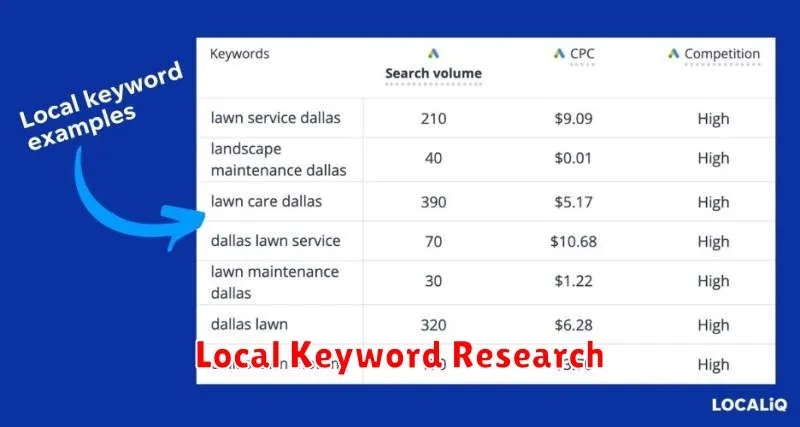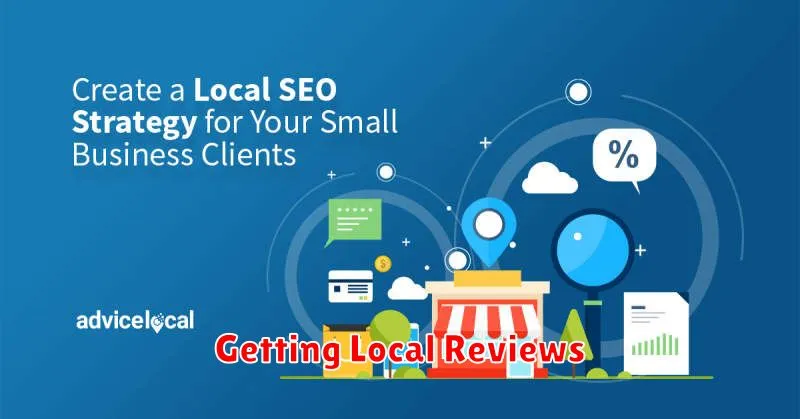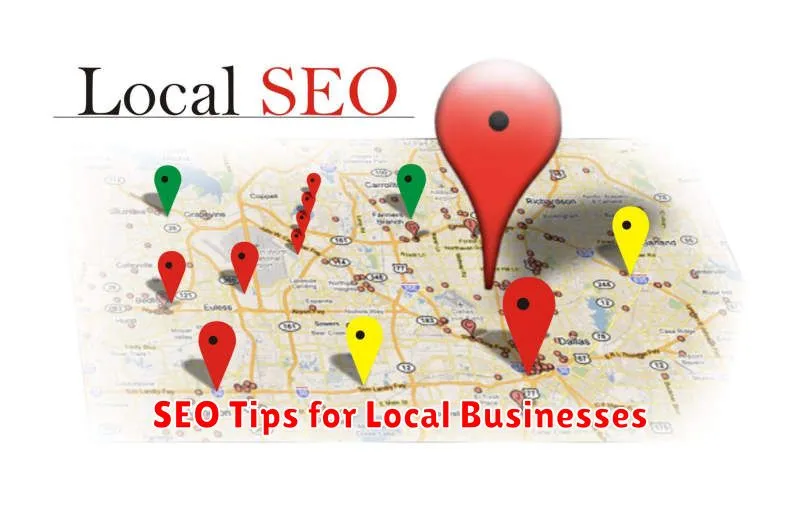In today’s digital age, a strong online presence is crucial for any business, but it’s especially vital for local businesses. Local SEO is the key to unlocking local visibility and driving customers to your storefront. This article will provide actionable SEO tips specifically tailored for local businesses, helping you optimize your online presence to attract more local customers and grow your business.
Effective local SEO involves a multifaceted approach, encompassing everything from optimizing your Google Business Profile to building local citations and managing online reviews. By implementing the SEO tips outlined in this article, you can improve your search engine rankings, increase your visibility in local search results, and ultimately drive more traffic and sales to your local business. Learn how to leverage the power of local SEO to connect with your target audience and establish a dominant presence in your local market.
Optimizing Google Business Profile
Your Google Business Profile (GBP) is a critical component of local SEO. A complete and optimized profile helps your business appear higher in local search results, driving more customers to your door.
Key areas to focus on:
- Accurate Information: Ensure your business name, address, and phone number (NAP) are consistent across all online platforms, especially your GBP.
- Category Selection: Choose the most relevant category for your business and consider adding secondary categories to improve discoverability.
- Business Description: Write a concise and compelling description highlighting your unique offerings and target keywords.
- Photos and Videos: High-quality visuals showcase your business and attract potential customers.
- Customer Reviews: Encourage satisfied customers to leave reviews on your GBP. Respond to both positive and negative reviews professionally and promptly.
- Regular Updates: Keep your GBP updated with special offers, holiday hours, and other relevant information.
Local Keyword Research

Local keyword research is the process of identifying search terms that potential customers in your area use to find businesses like yours. It’s a critical step in local SEO.
Start by brainstorming. Think about how customers would search for your products or services. Consider using variations including your city or region name. For example, instead of just “bakery,” try “bakery in San Francisco” or “San Francisco sourdough bread.”
Utilize keyword research tools to expand your initial list and analyze search volume and competition. These tools can offer valuable insights into what terms are popular and which ones offer the best opportunities for ranking.
Pay attention to long-tail keywords. These are longer, more specific phrases. While they might have lower individual search volume, they often reflect higher purchase intent. An example is “gluten-free birthday cakes delivery San Francisco” instead of just “cake.”
Analyze your competitors. See which keywords they are targeting and consider incorporating relevant terms into your own strategy.
NAP Consistency Across Listings
NAP (Name, Address, Phone number) consistency is a critical aspect of local SEO. Search engines use this information to verify the legitimacy and location of your business. Inconsistencies across different online directories can confuse search engines and negatively impact your local search rankings.
Ensure your business’s NAP information is identical across all your online listings. This includes your Google Business Profile, social media platforms, industry-specific directories, and any other online platform where your business is listed. Pay close attention to details like suite numbers, abbreviations, and formatting.
Key elements to double-check for consistency:
- Business Name: Use the exact same name everywhere.
- Address: Maintain consistency, even with abbreviations (e.g., St. vs Street).
- Phone Number: Use the same format and include the area code.
Getting Local Reviews

Online reviews are essential for local SEO. They build trust and credibility, influencing potential customers’ decisions. Positive reviews act as social proof, showcasing the quality of your products or services.
Encourage satisfied customers to leave reviews on platforms like Google My Business, Yelp, and industry-specific review sites. Make the process easy by providing direct links or QR codes. Respond to all reviews, both positive and negative, professionally and promptly. Addressing negative reviews demonstrates your commitment to customer satisfaction and can even turn a negative experience into a positive one.
Monitor your online reputation regularly. Track reviews and mentions of your business to identify areas for improvement and address any emerging issues quickly.
Using Location Pages
For businesses with multiple locations, location pages are crucial for local SEO. These pages provide specific information about each branch, helping search engines understand where you operate and what services you offer at each location.
Each location page should have unique content. Avoid simply duplicating content across locations. Instead, tailor the information to reflect the specific offerings, staff, and local community of each branch. This helps avoid duplicate content penalties and improves the user experience.
Key information to include on each location page includes:
- Full address: Use a consistent format for all locations.
- Phone number: Use a local number if possible.
- Business hours: Clearly state the operating hours for each location.
- Local staff information: Introduce key personnel at each location.
- Driving directions or transportation information: Help customers easily find your business.
- Local landmarks or areas served: Connect your business to the surrounding community.
Earning Local Backlinks
Backlinks from relevant local websites are crucial for boosting your local SEO. They signal to search engines that your business is a reputable part of the community.
Target local directories: List your business on platforms like Yelp, Google My Business, and industry-specific directories. Ensure your information is consistent across all platforms.
Engage with local organizations: Sponsoring local events, partnering with charities, or joining the chamber of commerce can create backlink opportunities.
Reach out to local bloggers and media: If your business has a newsworthy story or offers valuable information, reach out to local bloggers and media outlets. They may feature your business and provide a valuable backlink.

